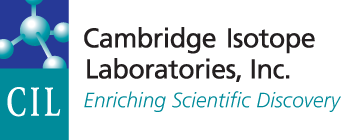UK Approves Emergency Use Authorization of Thiamethoxam in Sugar Beets
Outdoor use of three neonicotinoids – clothianidin, imidacloprid, and thiamethoxam – has been prohibited in the United Kingdom (UK) since 2018. Many countries have been limiting use, or banning use, of certain neonicotinoids due to their being associated with contributing to colony collapse disorder (CCD) in honeybees. Recently however, the UK has approved a 2022 emergency use authorization of thiamethoxam to treat sugar beet seed to protect the crop from yellow virus carried by aphids. Since the discontinuation of use of thiamethoxam in 2018, yellow virus has been problematic, with a 25% crop loss in 2020.1 Alternate control measures have not been successful at controlling the virus. With the emergency use authorization comes caveats to aid in protecting honeybees, including:
• Fields where sugar beet crops were treated with thiamethoxam can only be planted with nonflowering crops within 32 months of the sugar beet crop
• Herbicide programs will be implemented to minimize the presence of flowering weeds in treated sugar beet crop fields
• Additional thiamethoxam seed treatments on the same field will not be administered within 46 months
With reinstitution of the use of thiamethoxam formulations, especially considering the many qualifications for use, increased testing of crops and lands both in and out of the protected areas will likely be required. CIL offers stable isotope-labeled and native thiamethoxam standards, as well as a comprehensive range of other neonicotinoid standards to assist researchers with their testing needs. A full listing of the neonicotinoids can be found in the Spotlight brochure.
Reference
1. Statement of reasons for the decision on the application for emergency authorisation for the use of Cruiser SB on sugar beet crops in 2022. Read more.
Neonicotinoid Pesticides
